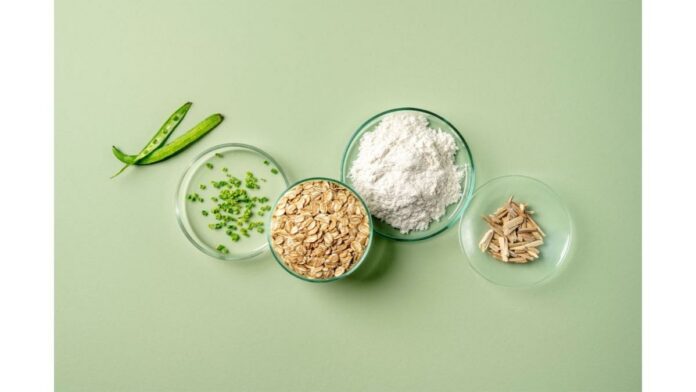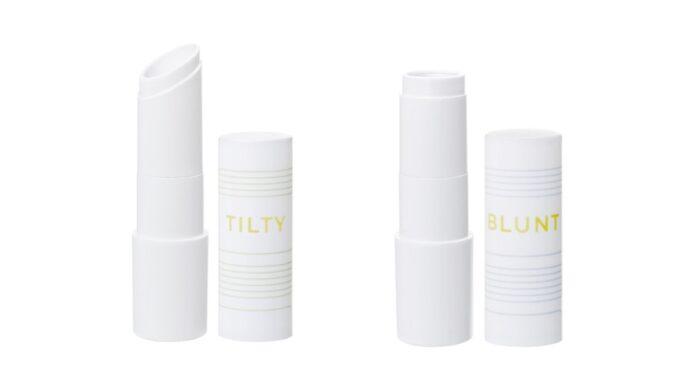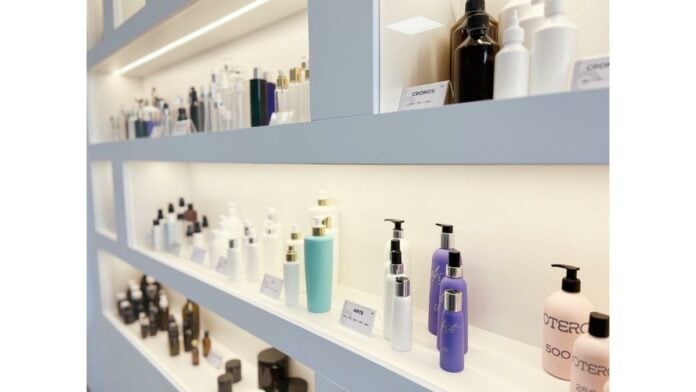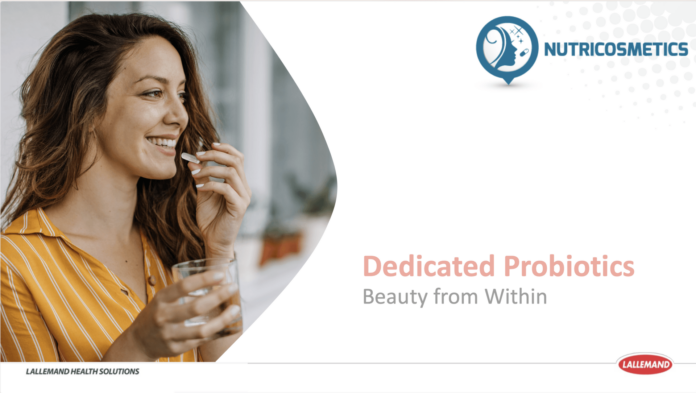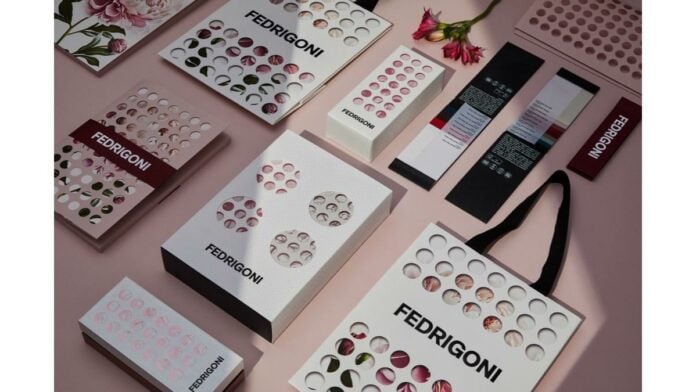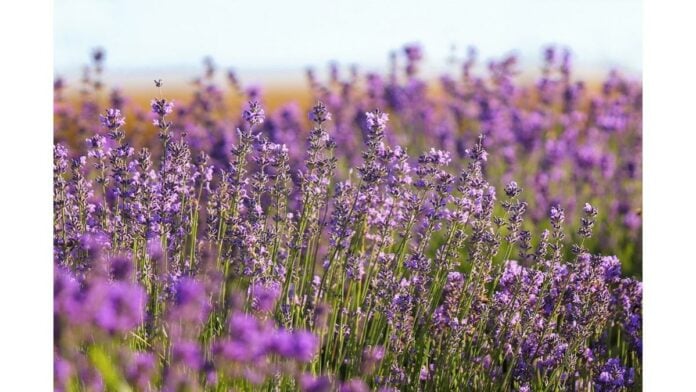True to its innovation strategy, Silab establishes scientific partnerships with university research teams every year.
Four publications related to these latest scientific advances in the field of skin have just been accepted in impact-factor journals:
- A research partnership with the University of California San Diego has revealed a hitherto unknown influence of Cutibacterium acnes on the lipid composition of the epidermis. In fact, this commensal microbial strain induces an increase in the lipids essential for barrier function.
Commensal Cutibacterium acnes induce epidermal lipid synthesis important for skin barrier function, Almoughrabie S. et al, Sci adv., 2023 Aug.
- Work carried out with the Collège de France and the Institut de Génomique Fonctionnelle de Lyon has led to the development of a skin model. in vitro from cell sheets. Analysis of gene expression profiles and characterization of the extracellular matrix produced revealed angiogenic properties specific to papillary and reticular fibroblasts.
Papillary and reticular fibroblasts generate distinct microenvironments that differentially impact angiogenesis, Mauroux A. et al., Acta Biomater., 2023 Sep.
- In partnership with Université Laval Québec, a cell extraction technique was developed to isolate resident skin cells from the same human donor, while preserving immune and endothelial cells. This approach enabled the reconstruction of an autologous, vascularized and immunocompetent skin model.
An in vitro autologous, vascularized, and immunocompetent Tissue Engineered Skin model obtained by the self-assembled approach, Attiogbe E. et al, Acta Biomater., 2023 Sep.
- A research partnership with the University of Reims Champagne-Ardenne has enabled us to characterize the hygroscopic potential of apiogalacturonans. The investigation in silico by molecular modelling has revealed significant hygroscopic potential.
Highlighting the hygroscopic capacities of apiogalacturonans, Verzeaux L. et al, J Mol Graph Model, 2023 Sep.





